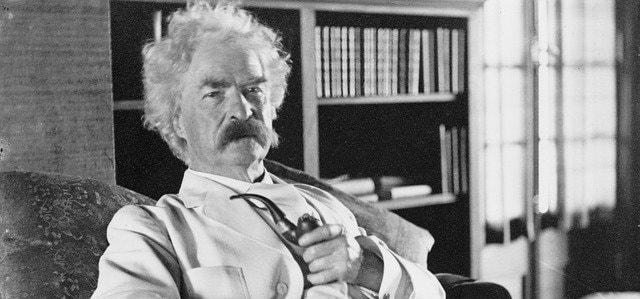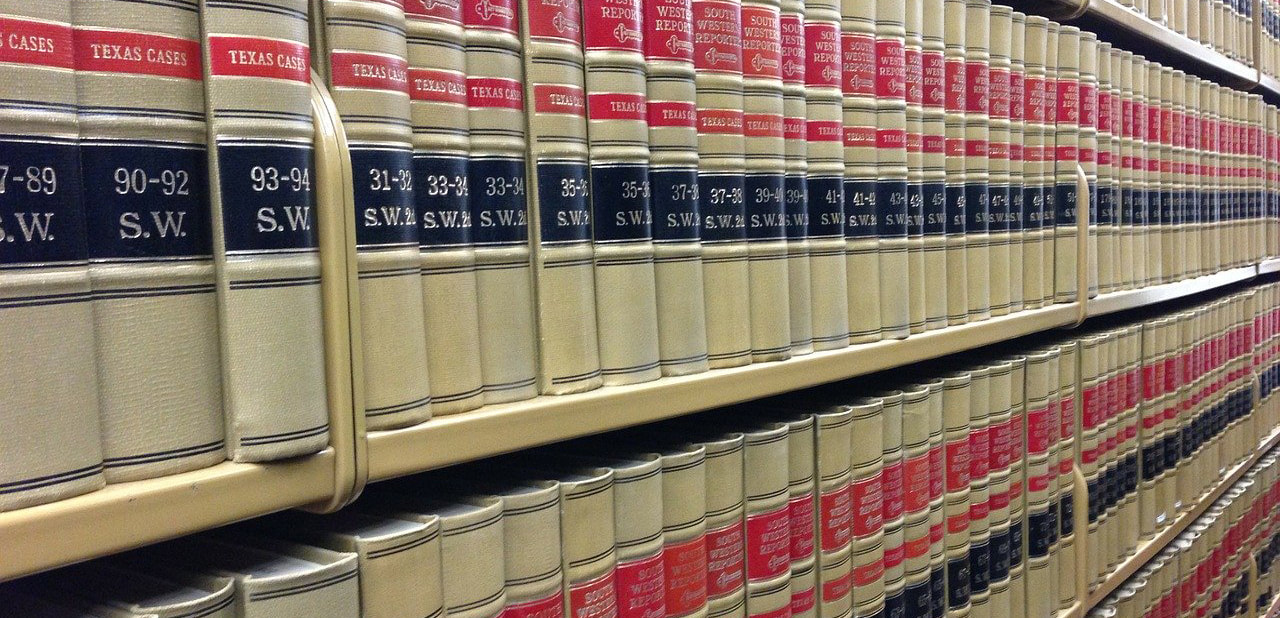|
Originally published anonymously in 1905, this poignant essay from Mark Twain is still remarkably applicable to modern America.
Is there such a thing as Christian citizenship? No, but it could be created. The process would be quite simple, and not productive of hardship to any one. It will be conceded that every man's first duty is to God; it will also be conceded, and with strong emphasis, that a Christian's first duty is to God. It then follows, as a matter of course, that it is his duty to carry his Christian code of morals to the polls and vote them. Whenever he shall do that, he will not find himself voting for an unclean man, a dishonest man. Whenever a Christian votes, he votes against God or for Him, and he knows this quite well. God is an issue in every election; He is a candidate in the person of every clean nominee on every ticket; His purity and His approval are there, to be voted for or voted against, and no fealty to party can absolve His servant from his higher and more exacting fealty to Him; He takes precedence of party, duty to Him is above every claim of party.
1 Comment
Sir William Blackstone is often praised for laying the groundwork for American jurisprudence with his Commentaries on the Laws of England. Blackstone's Commentaries were one of the most widely read books in the colonies, and his views of the laws of England were often incorporated into the laws of America. One portion of Blackstone's Commentaries that has largely been forgotten by modern legal scholars but which played a significant role in forming the thought of founding fathers like James Wilson was Blackstone's answer to the question of where laws come from. What follows is a condensed version of Blackstone's somewhat loquacious answer to that question.
Conservatism is the philosophy that the wisdom of the past is still just as applicable today as it was then. Conservatism is an ancient wisdom in itself, for every age has its conservatives and liberals, and it is always the conservatives who succeed and pass their wisdom down to the next age where some new brand of liberals will rise up to challenge that wisdom once again.
One of the most fascinating things about the Old Testament is the fact that God established a republican government in ancient Israel. Most people today think that Israel had a standard monarchical form of government, but that was not the case. Israel (and Judah) never had a true monarchy. Throughout their history, they were always a republican nation characterized by popular elections of their rulers. (For more on this topic see my free eBook The Bible and the Constitution.)
When God established Israel’s government, He also taught the Jews how to choose the right kind of leaders. Those instructions can be found in Exodus 18:21, Deuteronomy 1:13, and Deuteronomy 17:15-20. The qualifications listed in these and other passages are not difficult. There were thousands of men in Israel who met them. God intentionally set the standard low so that the various offices could be filled. He gave the Jews a list of the barest minimum standards that would allow their government to function with good men in positions of leadership. |
Bill Fortenberry is a Christian philosopher and historian in Birmingham, AL. Bill's work has been cited in several legal journals, and he has appeared as a guest on shows including The Dr. Gina Show, The Michael Hart Show, and Real Science Radio.
Contact Us if you would like to schedule Bill to speak to your church, group, or club. "Give instruction to a wise man, and he will be yet wiser: teach a just man, and he will increase in learning." (Proverbs 9:9)
Search
Topics
All
Archives
June 2024
|






 RSS Feed
RSS Feed